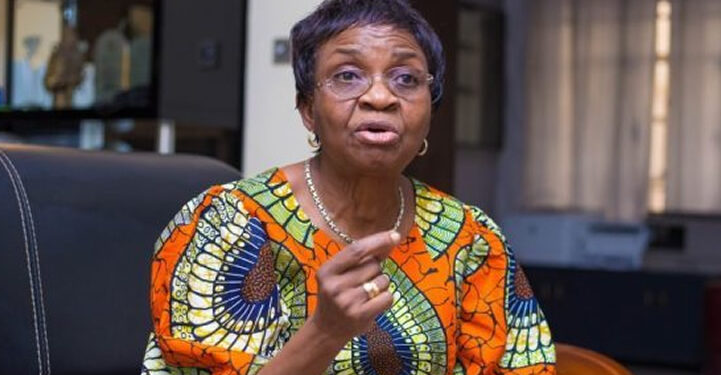The National Agency for Food and Drug Administration and Control (NAFDAC) has affirmed its commitment to the ban on the importation, manufacture, distribution, sale, and use of alcoholic beverages in sachets, PET, and glass bottles of 200ml and below. The Director-General of NAFDAC, Prof. Mojisola Adeyeye, emphasized that the ban aims to benefit Nigerians and save lives.
The ban, announced on January 31, has faced protests from distillers and labor unions, with concerns that it could lead to significant job losses. Despite the growing protests, NAFDAC’s Head of Public Relations Office, Christiana Obiazikwor, stated that the ban would not be reviewed.
Obiazikwor clarified that the ban specifically targets alcohol in containers or packaging that can be easily concealed by a child, with a focus on sachets and PET bottles of 200ml and below. She highlighted that the alcoholic content in such containers is high (30%), posing a risk to children.
The ban aligns with an agreement signed in December 2018 between the Association of Food, Beverage, and Tobacco Employers, Distillers and Blenders Association of Nigeria, the Ministry of Health, and NAFDAC. The agreement aimed to phase out the production of alcohol in sachets and PET bottles less than 200ml by January 31, 2024.
In response, the Executive Secretary of the Distillers and Blenders Association of Nigeria, John Ichue, argued that the memorandum of understanding (MOU) signed in 2018 should not be considered a policy document. Ichue emphasized that the government is currently working on a national alcohol policy, which is a more comprehensive approach.
Meanwhile, an enforcement team from NAFDAC faced resistance from drug hawkers and touts during a raid on fake, unregistered, and counterfeit drugs at the Area One Motor Park in the Federal Capital Territory, Abuja. The attackers threw stones and other objects at the team and journalists, prompting the use of tear gas and sporadic gunfire to disperse the crowd. The enforcement team managed to seize controlled drugs worth about N5 million during the operation.
























